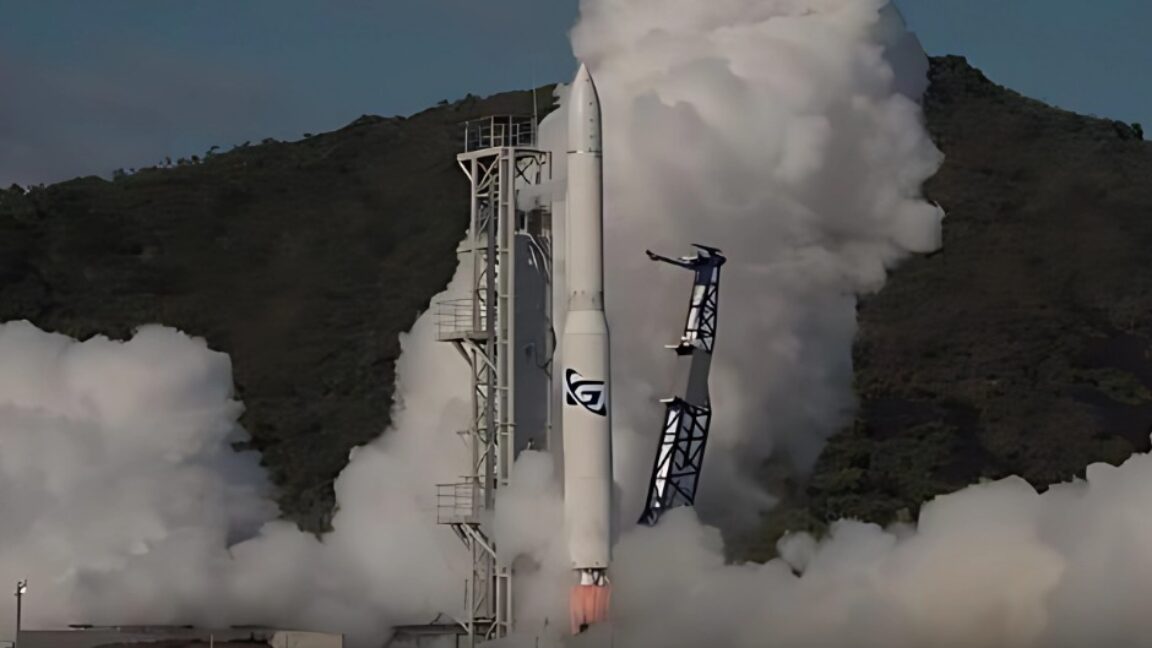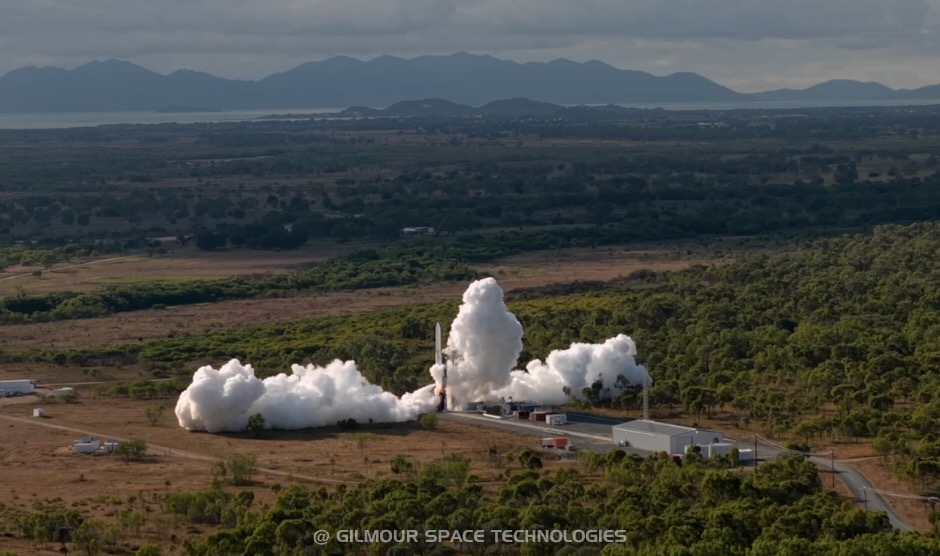T4K3.news
NASA progresses on cryogenic depots while Australian launch fails
NASA is advancing its research on propellant management as a privately developed Australian rocket fails shortly after liftoff.

Recent developments in NASA's cryogenic research come amidst a failed Australian launch attempt.
NASA advances cryogenic depots while Australian rocket fails
NASA is making strides in cryogenic propellant management, a topic previously sidelined due to concerns over its implications for large rocket utilization. The agency's newfound focus suggests a shift in strategy, possibly influenced by the retirement of key political figures. Meanwhile, Australia's attempt at launching its first homegrown rocket, the Eris, ended in failure after two of its engines lost power shortly after takeoff. Despite the setback, Gilmour Space reported that no injuries occurred during the incident.
Key Takeaways
"I didn't expect that we would get to orbit."
Gilmour Space CEO Adam Gilmour reflects on the rocket's inaugural flight outcome.
"I thought best case was maybe 40 seconds of flight time, but I'll take 14 as a win."
Gilmour emphasizes a positive perspective despite the Eris rocket's early failure.
The shift in NASA's approach to propellant depots could signify a significant change in space exploration, potentially paving the way for more sustainable missions. As for Gilmour Space, while the failed launch is disappointing, it highlights the challenges that often accompany groundbreaking endeavors in the aerospace sector. The fact that no injuries occurred is a testament to the care with which such tests are conducted. Investors may view these developments with cautious optimism as the space race intensifies, particularly with NASA's new direction.
Highlights
- NASA's shift might transform how we approach deep space missions.
- Eris' failure reminds us that rocket launches are unpredictable.
- Even 14 seconds of flight time can feel like a victory in space.
- Safety first: no injuries in the Australian rocket launch mishap.
Risks surrounding NASA's new focus and Australian launch failure
The shift in NASA's cryogenic research could spark political debate over funding priorities while the Australian launch failure raises concerns about the country's aerospace capabilities.
The implications of these events could resonate across the global aerospace industry.
Enjoyed this? Let your friends know!
Related News
Ukraine conducts drone strikes on Russian energy sites

Boeing's Starliner Delayed Until 2026

Elon Musk Discusses SpaceX's Starship Innovations

SpaceX Addresses Falcon 9 Issues Before Crew-11 Launch

NASA scientist fears Mars contamination risks
Trump shortens Russia's deadline to reach peace in Ukraine

Gilmour Space's Eris fails on first orbital launch attempt

SpaceX Struggles to Make Starship Work after Multiple Failures
